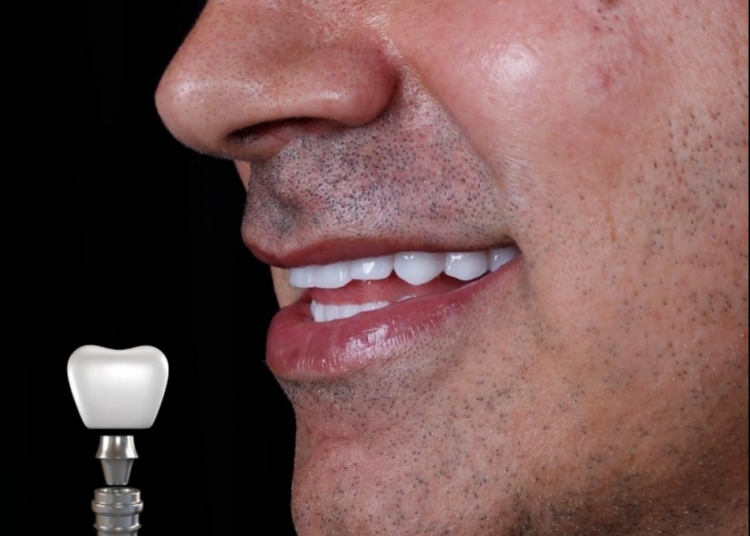Oral and Maxillofacial Surgery
What Are Oral and Maxillofacial Surgery?
Oral and maxillofacial surgery is a specialized field of dentistry that deals with the diagnosis and surgical treatment of diseases, injuries, and defects involving both the functional and aesthetic aspects of the hard and soft tissues of the oral and maxillofacial region. This includes procedures related to the teeth, gums, jaw, and facial structures.
Why Is Oral and Maxillofacial Surgery Done?
Oral and maxillofacial surgery is performed for a variety of reasons, including:
- Tooth Extractions: Including wisdom teeth removal.
- Corrective Jaw Surgery: To correct misalignments or irregularities in the jaw.
- Dental Implants: To replace missing teeth and support prosthetic dental work.
- Facial Trauma: Repair of facial injuries, including fractures of the jaw and cheekbones.
- Cleft Lip and Palate Repair: To correct congenital deformities of the lip and palate.
- Cancer Treatment: Removal of tumors or cysts in the oral and facial regions.
What Are The Risks Or Complications Of Oral and Maxillofacial Surgery?
As with any surgical procedure, oral and maxillofacial surgery comes with potential risks and complications, including:
- Infection: Although rare, any surgical site can become infected.
- Nerve Damage: Especially in procedures involving the lower jaw, there’s a risk of temporary or permanent nerve damage.
- Bleeding: Controlled bleeding is common, but excessive bleeding can occur.
- Swelling and Bruising: Typical side effects that usually subside within a few days or weeks.
- Reaction to Anesthesia: Although rare, some patients may have adverse reactions to anesthesia.
What Are The Advantages Of Oral and Maxillofacial Surgery?
The advantages of undergoing oral and maxillofacial surgery include:
- Pain Relief: Many procedures, such as tooth extractions and corrective jaw surgery, can alleviate chronic pain.
- Improved Functionality: Surgeries like dental implants and jaw correction can enhance chewing, speaking, and breathing.
- Aesthetic Improvements: Corrective surgeries can significantly improve facial appearance and symmetry.
- Disease Treatment: Effective in treating diseases, infections, and oral cancers, thereby improving overall health.
What’s The Difference Between Oral and Maxillofacial Surgery
Oral surgery typically refers to procedures that involve the teeth, gums, and the immediate oral structures. Maxillofacial surgery encompasses a broader scope, including the jaw, facial bones, and associated structures. While all maxillofacial surgeries are considered oral surgeries, not all oral surgeries are maxillofacial. The distinction lies in the specific areas and types of conditions they address, with maxillofacial surgery requiring additional specialized training beyond dental school to perform complex surgeries of the face, jaw, and neck.

Get an offer
Oral and Maxillofacial Surgery in Turkey. Get a free offer within 24 hours.
